
Supercars of the 80s – Ferrari Testarossa
Step back into the 80s with the iconic Ferrari Testarossa, the symbol of style and speed that defined a decade
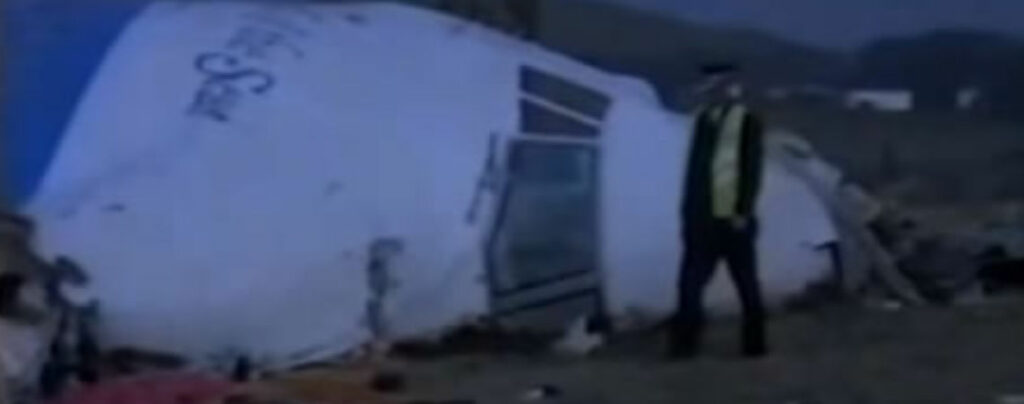
3rd: Margaret Thatcher becomes the longest-serving UK Prime Minister this century, having been in power for eight years and 244 days.
5th: Actor Rowan Atkinson launches the new Comic Relief charity appeal.
8th: The Society of Motor Manufacturers and Traders reveals that new car sales in Britain last year exceeded 2,000,000 for the first time. The Ford Escort was Britain’s best-selling car for the sixth year running.
14th: Unemployment figures are released for the end of 1987, showing the eighteenth-successive monthly decrease. Just over 2,600,000 people are now unemployed in the United Kingdom – the lowest figure for seven years. More than 500,000 of those unemployed, found jobs in 1987.
22nd: Colin Pitchfork is sentenced to life imprisonment after admitting the rape and murder of two girls in Leicestershire in 1983 and 1986, the first conviction for murder in the UK based on DNA fingerprinting evidence.
23rd: David Steel announces that he will not stand for the leadership of the new Social and Liberal Democratic Party.
24th: Arthur Scargill is re-elected as Leader of the National Union of Mineworkers by a narrow majority.
28th: The Birmingham Six lose an appeal against their convictions.
Embed from Getty Images1st: Victor Miller, a 33-year-old warehouse worker from Wolverhampton, confesses to the murder of 14-year-old Stuart Gough, who was found dead in Worcestershire last month.
3rd: Nurses throughout the UK strike for higher pay and more funding for the National Health Service.
4th: Nearly 7,000 ferry workers go on strike in Britain, paralysing the nation’s seaports.
5th: The first BBC Red Nose Day raises £15,000,000 for charity.
http://gty.im/501839514
7th: It is reported that more than 50% of men and 80% of women working full-time in London, are earning less than the lowest sum needed to buy the cheapest houses in the capital.
13th: Great Britain and Northern Ireland compete at the Winter Olympics in Calgary, Alberta, Canada, but do not win any medals.
15th: Norman Fowler, Secretary of State for Employment, announces plans for a new training scheme which the government hopes will give jobs to up to 600,000 people who are currently unemployed.
16th: Thousands of nurses and co-workers form picket lines outside British hospitals as they go on strike in protest against what they see as inadequate NHS funding.
26th: Multiple rapist and murderer John Duffy is sentenced to life imprisonment with a recommendation that he should never be released.
1st: British Aerospace launches a takeover bid for the government-owned Rover Group, the largest British-owned carmaker.
3rd: The SDP amalgamates with the Liberal Party to form the Social and Liberal Democratic Party. Its interim leaders are David Steel and Robert Maclennan. The merger means that the Liberal Party has ceased to exist after 129 years.
Embed from Getty Images4th: Halifax Building Society reveals that year-on-year house prices rose by 16.9% last month.
6th: Operation Flavius: a Special Air Service team of the British Army shoots dead three unarmed members of a Provisional Irish Republican Army (IRA) Active Service Unit in Gibraltar.
7th: Margaret Thatcher announces a £3,000,000,000 regeneration scheme to improve a series of inner-city areas by the year 2000.
9th: It is revealed that the average price of a house in Britain reached £60,000 at the end of last year, compared to £47,000 in December 1986.
10th: The Prince of Wales narrowly avoids death in an avalanche while on a skiing holiday in Switzerland. Major Hugh Lindsay, the former equerry to the Queen, is killed.
11th: The Bank of England £1 note ceases to be legal tender.
15th: Chancellor Nigel Lawson announces that the standard rate of income tax will be cut to 25p in the pound, while the maximum rate of income tax will be cut to 40p from 60p in the pound.
16th: Milltown Cemetery attack: three men are killed and 70 are wounded in a gun and grenade attack by loyalist paramilitary Michael Stone on mourners at Milltown Cemetery in Belfast during the funerals of the three IRA members killed in Gibraltar.
Embed from Getty Images17th: The fall in unemployment continues, with just over 2,500,000 people now registered as unemployed in the UK. However, there is a blow for the city of Dundee, when Ford Motor Company scraps a plan to build a new electronics plant in the city – a move which ends hopes of 1,000 new jobs being created for this city which has high unemployment.
19th: Corporals killings in Belfast: British Army corporals Woods and Howes are abducted, beaten and shot dead by Irish republicans after driving into the funeral cortege of an IRA member killed in the Milltown Cemetery attack.
29th: Plans are unveiled for Europe’s tallest skyscraper to be built at Canary Wharf. The office complex will cost around £3,000,000,000 to build and is set to open in 1992.
9th: The house price boom is reported to have boosted wealth in London and the South-East by £39,000,000,000 over the last four years, compared with an £18,000,000,000 slump in Scotland and the North-West of England.
10th: Golfer Sandy Lyle becomes the first British winner of the US Masters.
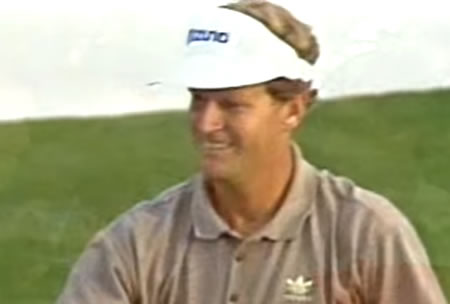
21st: The government announces that nurses will receive a 15% pay rise, at a cost of £794,000,000 which will be funded by the Treasury.
24th: Luton Town beat Arsenal in the Littlewoods Cup final at Wembley 3–2 with a late winner in stoppage time.
2nd: Three off-duty British servicemen are killed in the Netherlands by the IRA.
6th: Graeme Hick makes English cricket history by scoring 405 runs in a county championship match.
7th: The proposed Poll tax, which is expected to come into force next year, will see the average house rise in value by around 20%, according to a study.
14th: Wimbledon win the FA Cup with a shock 1–0 win over league champions Liverpool at Wembley.
In Scotland, Celtic beat Dundee United 2-1 in the Scottish Cup final with two late goals from Frank McAvennie to complete the Scottish double.
19th: Unemployment is now below 2,500,000 for the first time since early-1981.
House prices in Norwich, one of the key beneficiaries of the current economic boom, have risen by 50% in the last year.
24th: Local Government Act becomes law. The controversial Section 28 prevents local authorities from “promoting homosexuality”. Local authorities are also obliged to outsource more services, and dog licences are abolished (except in Northern Ireland).
The Albert Dock in Liverpool reopened by Prince Charles as a leisure and business centre including the Tate Liverpool art museum.
31st: The BBC controversial film, Tumbledown is broadcast despite Ministry of Defence concern.
2nd: U.S. President Ronald Reagan makes a visit to the UK.
http://gty.im/854646526
11th: Some 80,000 people attend a concert at Wembley Stadium in honour of Nelson Mandela, the South African anti-apartheid campaigner who turned seventy on that day, and has been imprisoned since 1964.
15th: Five British soldiers are killed by the IRA in Lisburn.
16th: More than one hundred English football fans are arrested in West Germany in connection with incidents of football hooliganism during the European Championships.
18th: England’s participation in the European Football Champions ended when they finished bottom of their group having lost all three games.
23rd: Three gay rights activists invade the BBC television studios during the six o’clock bulletin of the BBC News.
5th: The Church of England announces that it will allow the ordination of female priests from 1992.
6th: Piper Alpha disaster; the Piper Alpha oil rig in the North Sea explodes and results in the death of 167 workers.
A contractor’s relief driver pours twenty tonnes of aluminium sulphate into the wrong tank at a water treatment plant near Camelford in Cornwall, causing extensive pollution to the local water supply.
8th: The final large stationary steam engine in use in a British factory, is shut down at a tannery in Otley.
18th: Paul Gascoigne, 21-year-old midfielder, becomes the first £2,000,000 footballer signed by a British club when he leaves Newcastle United and joins Tottenham Hotspur.
28th: Paddy Ashdown, MP for Yeovil in Somerset, is elected as the first Leader of the Social and Liberal Democratic Party.
1st: A soldier is killed in the Inglis Barracks bombing.
2nd: Everton F.C. pays £2,300,000 for West Ham United striker Tony Cottee, 22, breaking the national record set six weeks ago by Paul Gascoigne’s transfer.
8th: The first child (a girl) of TRH The Duke and Duchess of York is born at Portland Hospital in London. She was fifth-in-line to the throne until the birth of Prince George of Cambridge on the 22 July 2013. She is currently seventh-in-line to the throne.
14th: Scunthorpe United F.C.’s Glanford Park is opened; the first new stadium to be built by a Football League club since the 1950s. Their last game at their original ground, Old Showground, was on 18 May.
18th: Ian Rush becomes the most expensive player to join a British club when he returns to Liverpool F.C. for £2,700,000 after a year at Juventus in Italy.
20th: Six British soldiers are killed by an IRA bomb near Belfast. Twenty-seven others are injured.
22nd: New licensing laws allow pubs to stay open all day in England and Wales.
The Duke and Duchess of York’s fourteen-day-old daughter is named Beatrice Elizabeth Mary.
29th: 14-year-old Matthew Sadler becomes Britain’s youngest international chess master.
31st: Postal workers walk out on strike over a dispute concerning bonuses paid to recruit new workers in London and the South East.
3rd: Economic experts warn that the recent economic upturn for most of the developed world is almost over and that these countries – including Britain – face a recession in the near future.
9th: The England cricket team’s tour to India is cancelled, after Captain Graham Gooch and seven other players are refused visas because of involvement in South African cricket during the apartheid boycott.
10th: Fifteen-year-old Lee Boxell disappears in South London, whilst out shopping with a friend. To this day, he has never been found.
13th: Royal Mail managers and Union of Communication Workers representatives agree a settlement to end the postal workers strike.
18th: Great Britain and Northern Ireland compete at the Olympics in Seoul, South Korea, and win 5 gold, 10 silver, and 9 bronze medals.
19th: Actor Roy Kinnear is seriously injured after falling off his horse during filming in Spain. He dies of his injuries the following day.
24th: The house price boom is reported to be slowing as a result of increased mortgage rates.
30th: A Gibraltar jury decides that the IRA members killed in March were killed “lawfully”.
2nd: Great Britain and Northern Ireland finish competing in the Seoul Olympic Games, as the games come to a close.
9th: Labour MP and Shadow Chancellor John Smith, 50, is hospitalised due to a heart attack in Edinburgh.
12th: As Pope John Paul II addresses the European Parliament, Ian Paisley heckles and denounces him as the Antichrist.
13th: The House of Lords rules that extracts of the banned book Spycatcher can be published in the media.
18th: Jaguar unveils its new Jaguar XJ220 supercar at the Motor Show. It is set to go into production in 1990, costing £350,000 and being the world’s fastest production car with a top speed of 220 mph.
27th: Three IRA supporters are found guilty of conspiracy to murder in connection with a plot to kill Secretary of State for Northern Ireland Tom King.
28th: British Rail announces a 21% increase in the cost of long-distance season tickets.
2nd: Victor Miller is sentenced to life imprisonment for the murder of 14-year-old Stuart Gough in Worcestershire earlier this year, with a recommendation by the trial judge that he is not considered for parole for at least thirty years.
4th: Margaret Thatcher presses for freedom for the people of Poland on her visit to Gdańsk.
9th: The government unveils plans for a new identity card scheme in an attempt to clamp down on football hooliganism.
15th: The Education Secretary, Kenneth Baker, says that the national testing will place greater emphasis on grammar.
Firearms (Amendment) Act 1988 prohibits civilian ownership of virtually all semi-automatic firearms from January 1989, in response to the Hungerford massacre of 1987.
30th: A government report reveals that up to 50,000 people in Britain may be HIV positive and that by the end of 1992, up to 17,000 people may have died from AIDS.
A bronze statue of former Labour Prime Minister Clement Attlee (1883–1967) is unveiled outside Limehouse Library in London by another former Labour Prime Minister, Harold Wilson.
Embed from Getty Images3rd: Health Minister Edwina Currie provokes outrage by stating that most of Britain’s egg production is infected with the salmonella bacteria, causing an immediate nationwide decrease in egg sales.
Embed from Getty Images6th: The last shipbuilding facilities on Wearside, once the largest shipbuilding area in the world, are to close with the loss of 2,400 jobs.
10th: James W. Black wins the Nobel Prize in Physiology or Medicine jointly with Gertrude B. Elion and George H. Hitchings “for their discoveries of important principles for drug treatment”.
12th: 35 people are killed in the Clapham Junction rail crash.
15th: Unemployment is now only just over 2,100,000 – the lowest level for almost eight years.
16th: Edwina Currie resigns as Health Minister.
M25 Three: a series of burglaries take place, and a man is murdered during the early hours around the M25 motorway.
19th: The Royal Institution of Chartered Surveyors publishes its house price survey, revealing a deep recession in the housing market.
PC Gavin Carlton, 29, is shot dead in Coventry in a siege by two armed bank robbers. His colleague DC Leonard Jakeman is also shot but survives. One of the gunmen gives himself up to police, while the other shoots himself dead.
20th: The three-month-old daughter of the Duke and Duchess of York is christened Beatrice Elizabeth Mary.
21st: Pan Am Flight 103 explodes over the town of Lockerbie, killing a total of 270 people – 11 on the ground and all 259 who were on board. It is believed that the cause of the explosion was a terrorist bomb.
British television premiere of the The Empire Strikes Back was shown on ITV. The Christmas Number one was “Mistletoe and Wine” by Cliff Richard.
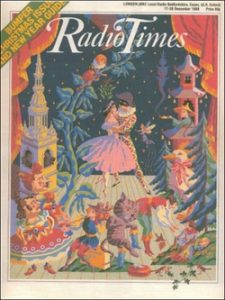
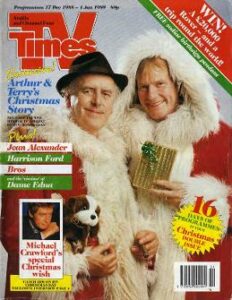

Step back into the 80s with the iconic Ferrari Testarossa, the symbol of style and speed that defined a decade
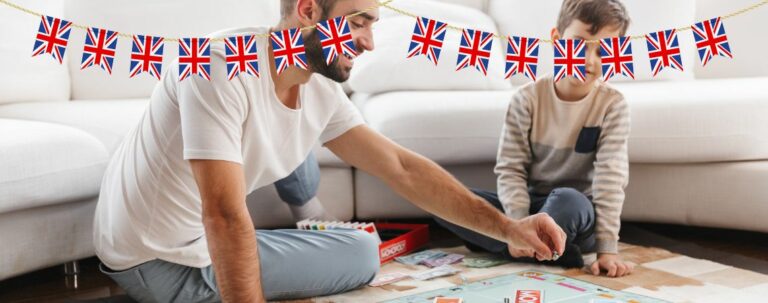
Take a trip down memory lane with these 20 iconic board games and toys that defined our 1980s childhood in the UK.
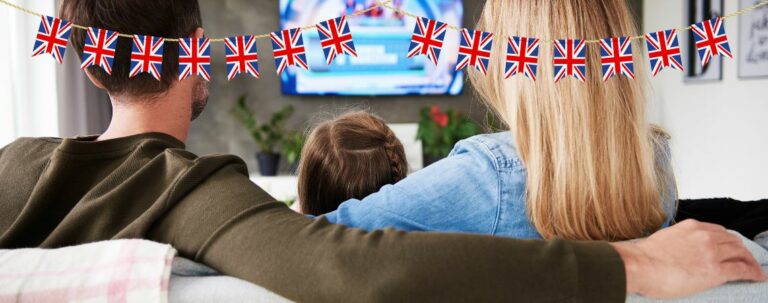
Immerse yourself in nostalgia with this collection of iconic 1980s UK TV adverts – a true blast from the past!

Tina Turner, the Queen of Rock ‘n’ Roll, whose life and career became a symbol of resilience and triumph, has left an enduring legacy
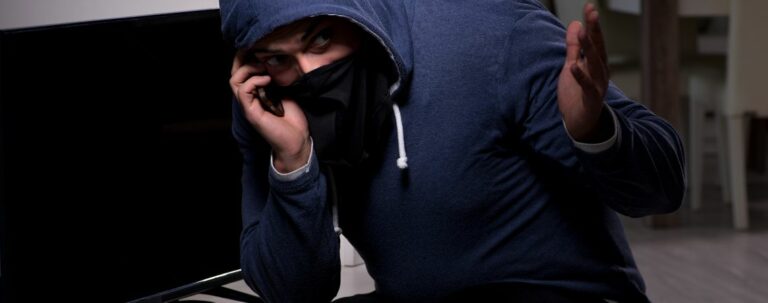
Uncover the Top 10 UK TV Villains of the 1980s: A journey through the most notorious and memorable antagonists of the decade
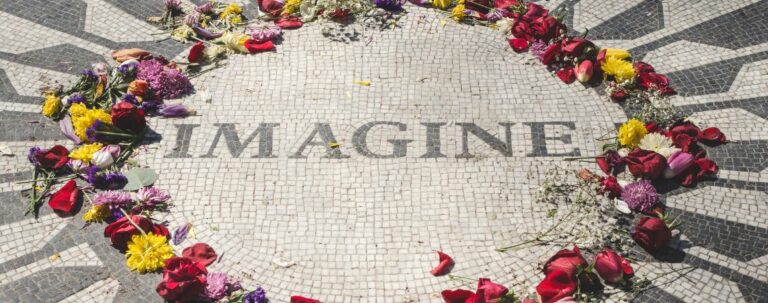
1980 saw the first CND rallies, the Alton Towers theme park opening and the murder of John Lennon in New York. The Moscow Olympics was the sport highlight.
No Events